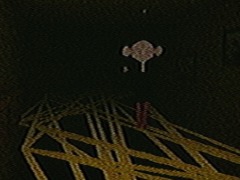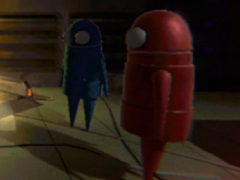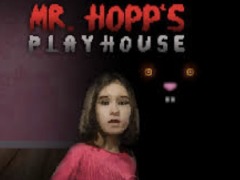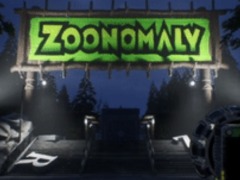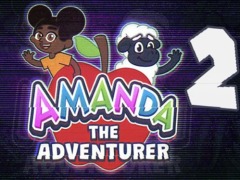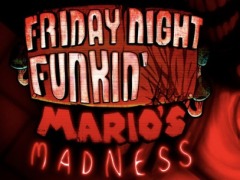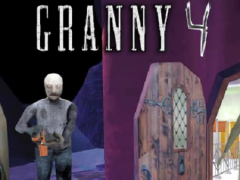Horror Games
The horror games category captivates with its broad spectrum of interactive experiences designed to engage players through suspense, tension, and the thrill of the unknown. This genre encompasses a diverse array of gameplay styles, from survival horror to psychological thrillers, each offering its own unique brand of terror. Players might find themselves navigating desolate landscapes, haunted structures, or bizarre worlds filled with sinister creatures. The core of horror games is not just to scare, but to immerse players in atmospheres where danger feels palpable and the line between the real and the supernatural blurs.
Exploring the Psychological and the Paranormal
In horror games, the psychological element often plays as significant a role as the overt scares. Developers craft complex characters and narratives that delve deep into themes of fear, morality, and the human psyche. This might involve unraveling a dark mystery, confronting personal demons, or surviving against overwhelming odds. The psychological tension is heightened by the player’s need to make decisions that can have lasting consequences on the game’s outcome, weaving their actions into the fabric of the story.
Mechanics That Build Suspense
Horror games frequently employ mechanics that directly contribute to a tense atmosphere. Limited resources, such as restricted ammunition or finite light sources, compel players to be strategic about when and how they confront obstacles. Stealth mechanics are often utilized, forcing players to avoid direct confrontation with threats. Furthermore, many horror games feature complex sound designs that enhance eerie environments, using audio cues to hint at unseen dangers lurking just out of sight.
Typical features include:
- Resource Management: Players must carefully manage supplies to survive.
- Stealth Tactics: Avoiding enemies often takes precedence over confronting them.
- Puzzle Solving: Engaging with the environment to progress in the story.
- Narrative Depth: Rich backstories and character developments that enhance engagement.
These elements collectively ensure that players are not merely passive observers but are actively engaged in a narrative that is as intellectually challenging as it is thrilling. The horror games category continues to evolve, pushing the boundaries of gaming technology and storytelling to create experiences that are genuinely engaging and terrifying.





